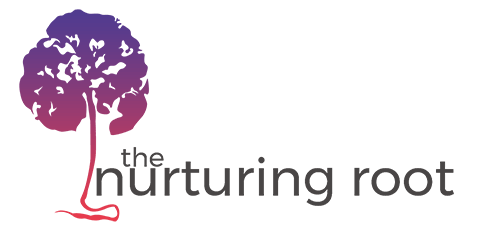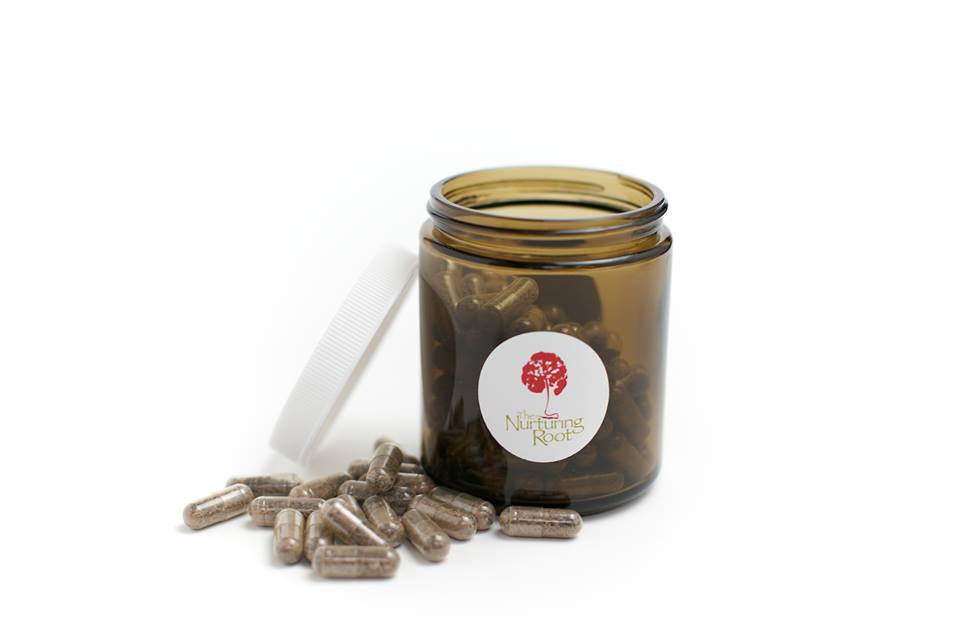A growing number of mothers are choosing to consume their placenta, in order to have greater breastfeeding success.
August is National Breastfeeding Month, a time that highlights the importance of increasing a collaborative effort to support a breastfeeding-friendly landscape. A growing community of mothers are turning to alternative practices like placenta encapsulation, to help them establish and meet their breastfeeding goals.
According to the Centers for Disease Control Breastfeeding Report Card, 70% of mothers make the attempt to breastfeed their newborns, but at six months of age, only about 15% of babies are being exclusively breastfeed. This number is in stark contrast to the American Academy of Pediatrics recommendation that all babies be exclusively breastfed until six months of life.
There are several medical, physical, emotional, and social hurdles that can affect breastfeeding success rates. Changes to policies, practices, and the ability for new mothers to access breastfeeding support is slowly helping to increase these numbers. Some resourceful mothers are choosing a more controversial route to ensure they have the best breastfeeding experience.
The placenta, the temporary organ, that grows along with the baby and serves as its lifeline until birth, is most often treated as medical waste. But it may be a continued source of support to the Mother, after she gives birth. Through placenta encapsulation, the baby’s placenta is steamed, dehydrated, and pulverized. Then it is made into pills. A new mother can take her capsules as a postpartum wellness supplement. In addition to supporting lactation and increasing milk supply, many mothers report a boost in energy, feeling emotionally well and strong, lessened severity of mood swings, and decreased postpartum bleeding. Here are some of the great experience mothers are reporting:
“I am certain that taking my placenta pills allowed me to recover from my c-section at a much quicker rate, and with no baby blues at all! My milk came in immediately, my energy level was great even after long nights establishing a nursing a schedule. I felt stable and clear headed.” Kristen Sharp
“With my first child, I didn’t produce much milk – had to supplement from day 1 and was only able to produce the little I did for 4 months. I am currently 2 weeks postpartum with my 2nd [child] and feel fantastic using my placenta pills! My milk came in 3 days postpartum and my supply is really good.” – Amanda Lynn
“Not only did this help me immediately postpartum, I took my capsules again 3.5 months postpartum when I was stressed about leaving my daughter for the first time for a work trip. It not only brought a lightness back into my mood, but increased my pumping output so I could add enough to my stash to leave her. I would recommend The Nurturing Root’s services to everyone.” – Michelle Woolschlager
The Nurturing Root has been providing professional placenta encapsulation services in Baltimore, since 2011, helping over 650 mothers have their best postpartum recovery experience. Additionally, The Nurturing Root supports expectant couples with Birth Boot Camp childbirth education classes and family-centered postpartum doula care in Baltimore. If you are interested in learning more about how placenta encapsulation can enhance you postpartum recovery experience, contact The Nurturing Root here!



